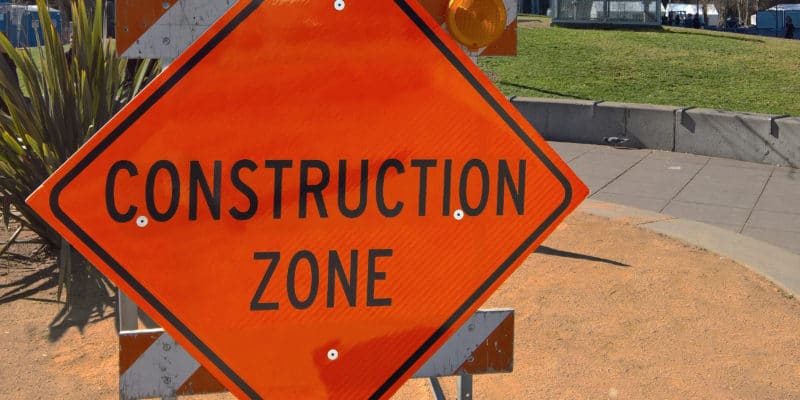Wage and Hour Division
October 28, 2024
The U.S. Department of Labor encourages employers and others in Kentucky’s highway construction industry to complete a statewide prevailing wage rates survey to help its Wage and Hour Division establish accurate pay and fringe benefits for workers on federally funded and assisted construction projects.
The Davis-Bacon and Related Acts require the department to set the prevailing wage rates that reflect the actual wages and fringe benefits paid to construction workers in the county where the work occurs.
The survey asks participants to provide information on wages employers paid on highway projects in Kentucky where construction occurred from Nov. 4, 2023, to Feb. 4, 2025. Not limited to federally funded construction projects, survey findings help the division in publishing accurate prevailing wage and fringe benefit rates in areas surveyed. Correct determinations also save contractors time spent requesting additional labor classifications. The department encourages all industry employers and stakeholders to participate.
The division strongly encourages online survey completion by Feb. 4, 2025, and will send notification letters to interested parties and contractors known to the agency with directions on how to access and complete the survey. To request a survey by mail or receive more information, contact the division’s Davis-Bacon Survey Center at (866) 236-2773 or email Davisbaconinfo@dol.gov.
The Wage and Hour Division will provide two online briefings at no cost to employers and stakeholders to learn more about the survey process and obtain instructions for survey completion on Nov. 6 and Nov. 7, 2024. Register here to attend an upcoming briefing.






